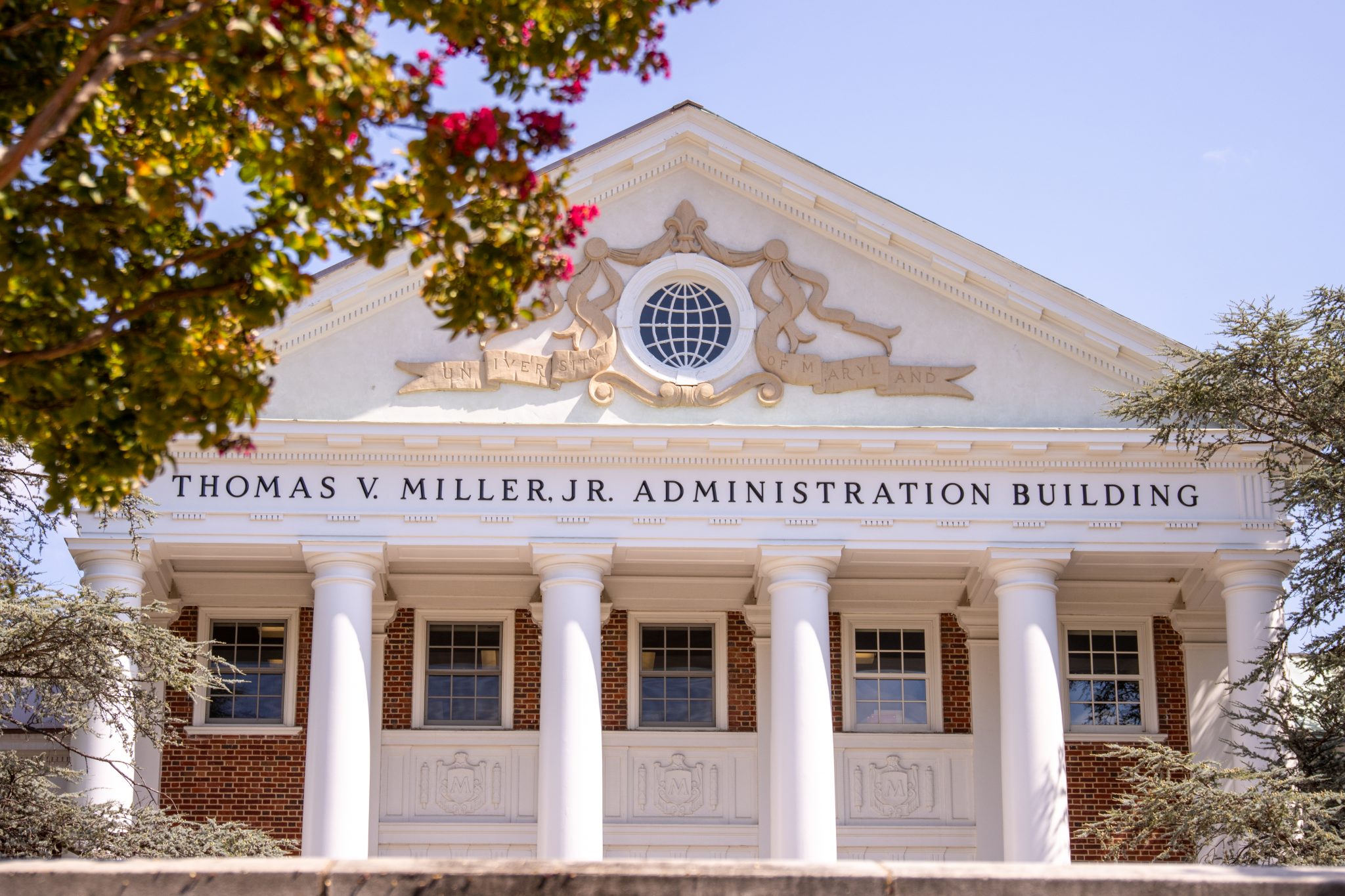The University of Maryland has joined a new national program that resettles refugees from around the world to U.S. colleges and universities.
Welcome Corps on Campus, which launched in July 2023, allows colleges and universities to privately sponsor refugee students to give them a pathway to higher education and U.S. citizenship.
The program placed 31 refugee students in 17 colleges and universities around the country for its initial cohort this year, according to Nele Feldmann, Welcome Corps on Campus director. The students are brought to the U.S. through the national Refugee Admissions Program.
This university is hosting one student this year, but did not share their identity due to privacy concerns and the student’s personal preferences.
“Sometimes 31 students and 17 campuses doesn’t sound like a lot, but it’s the first time that we are able to directly connect and intertwine resettlement with higher education,” Feldmann said.
This public-private partnership is part of the broader Welcome Corps initiative — a state department program launched in 2023 that provides service opportunities for communities who want to help refugees seeking resettlement in the U.S.
More than 13,000 people representing all 50 states have applied to volunteer with the program since its inception, according to its website.
[UMD revises English requirements for international teaching, graduate assistants]
Potential students must meet the U.S. definition of a refugee, be between the ages of 18 and 24 at the time of application and be unmarried with no children to be accepted into the program, the website said.
Students in the program also must meet the admission criteria of the institution in which they are placed, said Michael Glowacki, the assistant to the vice president and chief of staff in the student affairs division.
Feldmann said the program is “not a traditional scholarship,” but a sponsorship.
The operational costs of Welcome Corps on Campus are funded by the federal government, but participating institutions need to cover the costs for refugee students placed on their campuses, she said.
Jenna Dawson, an international relations graduate student who works with the refugee student placed at this university, said it’s important that the program maintains philanthropic support.
“You can only sponsor as many people as you can afford to take on, unfortunately,” Dawson said.
Glowacki said this university’s involvement with the program traces back to its decision to temporarily house refugee and evacuee families from Afghanistan in 2022, who feared persecution for their roles as translators, drivers and cultural advisors alongside U.S. workers.
[UMD to temporarily house Afghan refugees on campus]
“It was this unique opportunity where we had these spaces that really were available and might have otherwise just gone unused,” Glowacki said. “It was a pretty easy decision to make.”
The majority of students in the program this year hail from South Sudan, Somalia and Sudan, Feldmann said. She hopes the program will expand to about 75 students next year and a minimum of 150 students each year after that.
Glowacki — who leads a private support group made up of faculty, staff and students who assist the refugee student on campus — said a benefit of Welcome Corps on Campus is that the admitted students come to the U.S as refugees rather than international students.
Feldmann called this “a durable solution.”
“You’re having the sponsor group that is helping students integrate academically and socially,” Feldmann said. “You have the opportunity of higher education, and then you have the opportunity to put them — the students — on track to build their own lives in the United States.”
In a Thursday interview with The Diamondback, university president Darryll Pines said this university is “very proud” to be one of the inaugural campuses participating in the program.
“We believe it aligns very nicely with our mission as a Do Good campus because it creates opportunities for students who wouldn’t otherwise have a chance to go to college,” Pines told The Diamondback.
Depending on how the program goes in its pilot year, this university would be open to sponsoring more refugee students, Pines said.
Other participating colleges and universities include Georgetown University, James Madison University, Virginia Tech and George Mason University.
Dawson said she would like to see this university host more refugee students as the program expands.
“I personally believe that colleges are some of the most important kind of vessels for refugee resettlement,” Dawson said.



